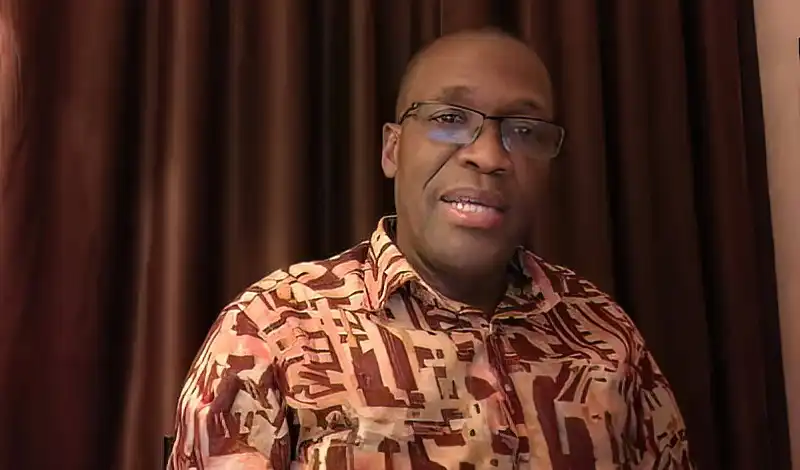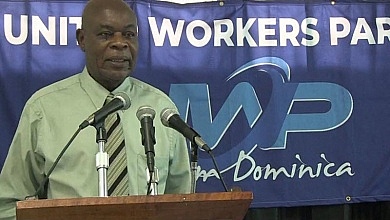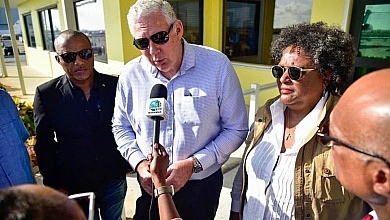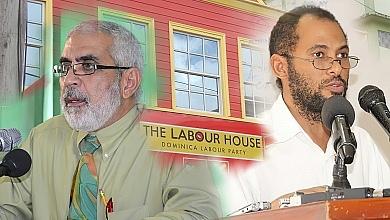Concerns Raised by UWP Leader Spark CARICOM Clarification on RSS Role in Dominica

Concerns voiced by Dr. Thomson Fontaine, Political Leader of the United Workers Party (UWP), regarding the potential deployment of the Regional Security System (RSS) in Dominica have prompted a formal response from CARICOM Chair and Prime Minister of Barbados, Mia Mottley.
In a letter dated March 18, 2025, Dr. Fontaine wrote to Mottley, raising alarm over a public statement by Prime Minister Roosevelt Skerrit indicating that he had placed the RSS on standby in anticipation of protests calling for electoral reform. The protests, scheduled for March 19 outside the Parliament building, were organized in opposition to recently introduced electoral legislation.
Fontaine warned that the move appeared to be a misuse of the regional security body and suggested it could be interpreted as an attempt to suppress Dominicans’ constitutional right to peaceful protest. He described the situation as a potential case of “selfish and unwarranted manipulation” of the RSS and urged CARICOM to review the matter carefully to safeguard civil liberties.
Responding in a letter dated March 25, Mottley assured Fontaine that the matter had been reviewed by CARICOM’s Conference of Heads of Government. According to her response, Prime Minister Skerrit had informed the body of his decision, citing national security concerns and referencing past incidents involving protests in Dominica. Mottley clarified that placing the RSS on standby was a precautionary measure, taken in line with the RSS Treaty and regional protocols.
Importantly, she confirmed that the RSS was not deployed and emphasized that such mechanisms are not activated lightly.
Mottley reiterated CARICOM’s commitment to democratic principles, including the right to peaceful assembly, as enshrined in the CARICOM Charter of Civil Society. However, she noted that such rights must be exercised within the bounds of national laws and with regard for public order.
She also referenced that the protest in question had not received official approval from the Commonwealth of Dominica Police Force, a factor she said was relevant to the discussion around public safety and the legal boundaries of assembly.
While Mottley’s response appeared to defuse speculation about the RSS’s role in the March 19 events, it also signaled CARICOM’s cautious balancing act between supporting democratic expression and respecting the internal legal frameworks of its Member States.
As debate over electoral reform and public protest continues in Dominica, the exchange between Fontaine and Mottley highlights growing regional scrutiny over how national governments handle dissent—and whether regional institutions like the RSS should be involved at all.
This article is copyright © 2025 DOM767








